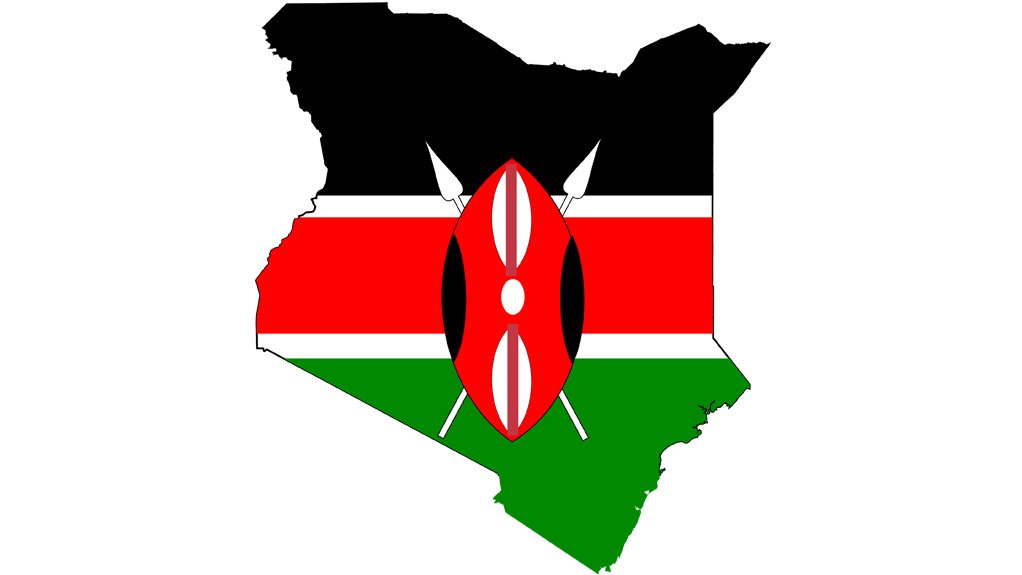Kenya’s quest to secure new funding from the International Monetary Fund (IMF) will likely be drawn out as both sides need to thrash out fresh reform parameters, and money may only begin flowing after 2027 elections, analysts say.
An IMF team is expected in Nairobi this month to review the East African nation’s risk of debt distress and begin talks on renewed financing. The IMF may require the government to repay part of its existing debt before a substantive new financing programme can be considered, with an agreement unlikely to be reached before the elections, said Razia Khan, chief economist for Africa and the Middle East at Standard Chartered.
Kenya previously agreed a four-year, $3.6-billion IMF programme that expired in April, but missed out on a final disbursement of about $850-million after struggling to meet key targets, including reducing its budget deficit and increasing tax revenue.
Kenya wants “to negotiate a programme that aligns with this government’s strategy and policy direction, one of which is to have tax predictability,” Treasury Secretary John Mbadi said in an interview last month. The authorities currently have “very limited space” to institute new taxes, he said.
Phumelele Mbiyo, a senior macro-economist at Absa Group noted that Kenya has requested a governance report from the IMF and reform proposals contained therein will likely feature in any agreed programme.
“The first draft of this will be provided to the government at year-end,” he said. “Programme discussions would most likely only really seriously commence in the second quarter of 2026 at the earliest.”
Gergely Urmossy, a senior frontier-markets strategist at Societe Generale SA, said any new programme will need to “put greater emphasis on broader social acceptance, while still pursuing fiscal consolidation and debt sustainability.”
Citi strategists Luis Costa and Katie Kironde don’t expect a new funded programme to be be politically acceptable or credible, especially if it concluded in the run-up to the elections, and warn that Kenya will struggle to stick to its borrowing quotas if agreement is reached.
The Treasury is currently focusing on securing alternative sources of funding, including selling diaspora bonds, privatising state assets and refinancing existing local and foreign bonds to relieve immediate pressure on the state’s finances.
“If there is no new IMF programme this year, we do not expect the government to make a U-turn on the fiscal stance, but the market can still react and extrapolate the IMF’s absence into a less constructive macro outlook,” Urmossy said.
EMAIL THIS ARTICLE SAVE THIS ARTICLE FEEDBACK
To subscribe email subscriptions@creamermedia.co.za or click here
To advertise email advertising@creamermedia.co.za or click here











